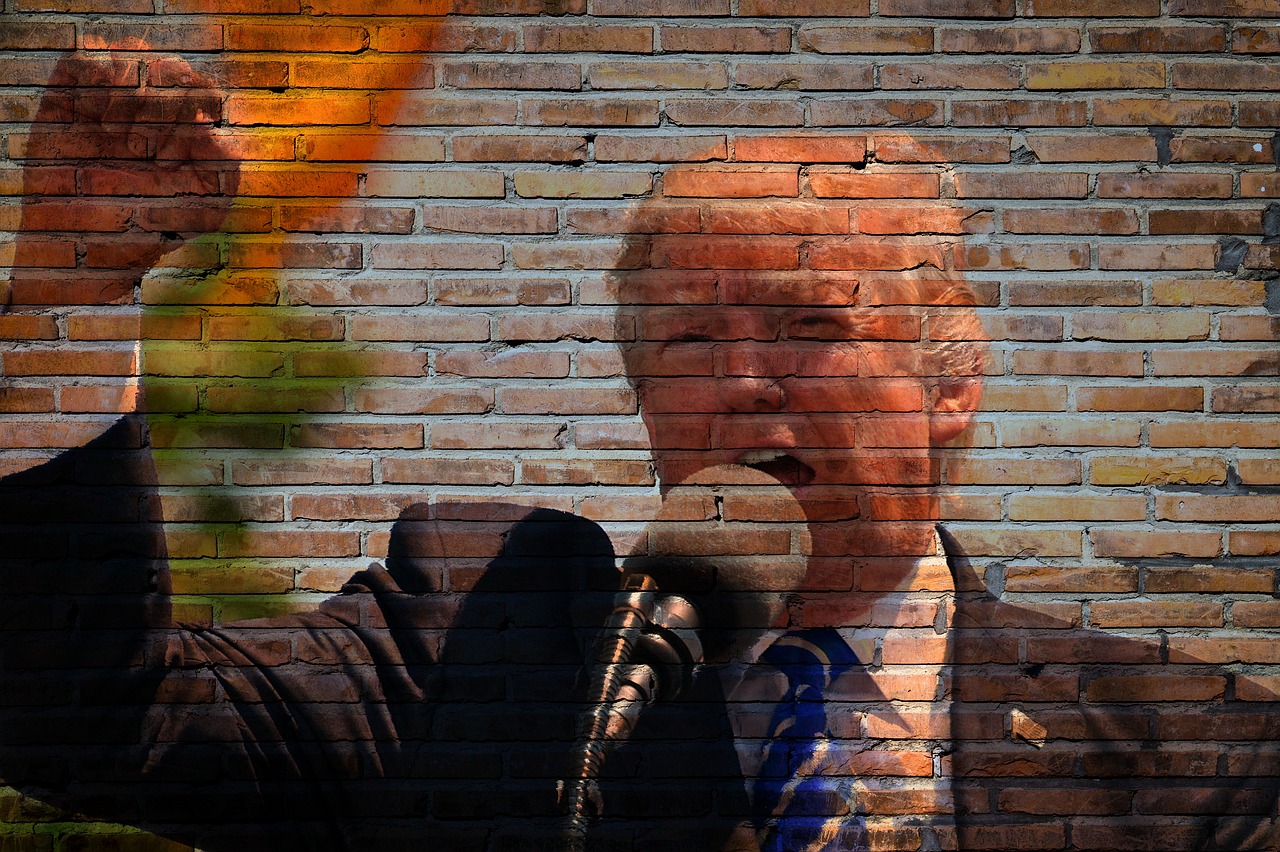
Trump's Historic Win Leaves House Control Hanging in Balance
Trump Secures Second Term Amid Uncertain House Control In a historic election, Donald Trump has emerged victorious, garnering 72,704,640 votes or 50.

In a significant political shift, the Republican Party has regained full control of the U.S. government, following recent electoral victories in both the House of Representatives and the Senate. With Donald Trump winning the presidency, this marks a return to a trifecta for the Republicans, a scenario last seen at the beginning of Trump’s first term in 2017. This newfound power provides Trump with a substantial platform to implement his agenda on pivotal issues such as the economy and immigration.
With projections indicating that House Republicans will secure at least 218 seats when the new congressional term begins in January, they will hold a narrow majority in the 435-seat chamber. Current estimates suggest that Republican representation could rise to between 220 and 222 seats. In the Senate, Republicans will command 53 seats, compared to 47 seats held by Democrats and Democratic-affiliated independents.
The control of both chambers allows Trump to operate with greater freedom than before, despite potential challenges in securing votes due to slim margins.
Several prominent House members have been nominated for key positions within Trump’s administration. For instance, Michael Waltz from Florida has been appointed as national security advisor, while Elise Stefanik from New York will take on the role of U.S. ambassador to the United Nations. Their departures will create vacancies that will necessitate special elections to fill their seats.
Trump’s administration is poised for rapid changes within its first 100 days. Key initiatives include aggressive measures against illegal immigration, potential pardons for individuals involved in the January 6 Capitol incident, and a rollback of environmental regulations established by the previous administration.
The new Republican majority suggests a more efficient legislative process for Trump-backed initiatives, facilitating swift confirmations for presidential appointments and judicial nominees. With mid-term elections not scheduled until 2026, Trump enjoys at least two years with limited congressional oversight.
As Mike Johnson is expected to retain his position as Speaker of the House, Republican unity remains crucial in navigating legislative challenges ahead. Observers note that cooperation with Democrats may be necessary given the slim majority.
As Trump embarks on his second term, the political landscape is set for dramatic shifts. With significant authority at his disposal and a supportive Congress, how effectively he can navigate this power will shape his presidency and its impact on American society. The upcoming years promise to be pivotal as both parties recalibrate their strategies in response to this new reality.

Trump Secures Second Term Amid Uncertain House Control In a historic election, Donald Trump has emerged victorious, garnering 72,704,640 votes or 50.

Trump’s Tariff Plans: A Day-One Agenda Against Drug and Human Trafficking In a bold move to combat drug and human smuggling, President-elect Donald Trump has announced plans to impose significant tariffs on Mexico, Canada, and China immediately after his inauguration on January 20.